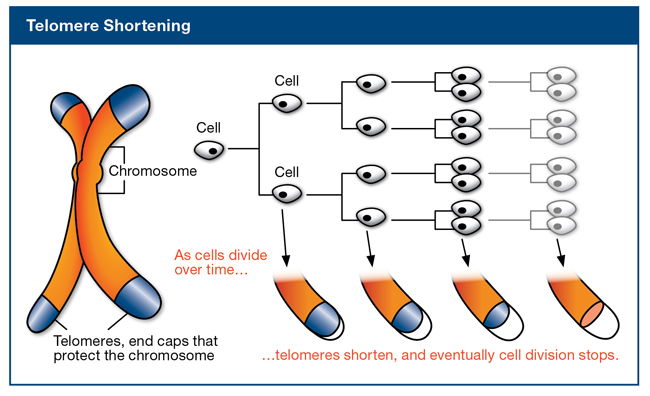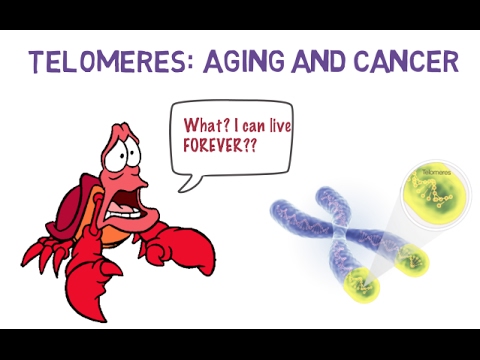Psalm 139:14 I will praise thee; for I am fearfully and wonderfully made: marvellous are thy works; and that my soul knoweth right well.
Fear. Stress. Anxiety. Worry. Jealousy. Insecurity. Addictions. Anger. Grief. Suicidal thoughts. Despair. Lonlieness. Dependency. Depression. Regret.
If you recognize any of these words, and if you've felt the effects from them...you're not alone. I should know because I have suffered from every single one of these, and perhaps a few others that I haven't listed above.
No one is immune. No one can claim that they are free from these and other forms of what experts call "mental illness". Some people have it worse than others. Over the years the scientific community has categorized all these illnesses in degrees of severity. Nervous breakdowns, burn-outs, post-partum depression, bipolar or other mood disorders, schizophrenia, Alzheimer's, just to name a few.
Whether the mental illness is hereditary or came by way of a traumatic life event, the mental images, sounds, ideas and associations that we keep in our minds from our daily experiences has a direct impact on our quality of life. These negative thoughts can affect our moods, which in turn affects the chemical nature of our bodies, which eventually wears us out making us chronically sick to the point where some get terminally ill and die from some form of neurological disease.
How memories are stored in your body
Many of us are aware that our brains carry our all of our memories, from the time we are in gestation until the day we die.

You can read the different parts (in yellow) that correspond to parts of the brain that is responsible for performing specific tasks.
When we are dealing memories (good or bad) that evoke feelings in us, the parts of the brain responsible for processing those memories and how we deal (cope) with them are the (3) Cerebellum, the (4) Hippocampus, and the (5) Amygdala.
When our bodies are calm and are at rest, all areas of the brain are not overloaded with information. In other words, the brain and the rest of the body do not experience any stress. There are certain memories and thoughts that are being processed by the brain, but because there is no "perceived threat", there is no need for the body goes into "survival mode".

This means that BEFORE our rational thinking gets a chance to properly assess what is happening our body's natural response is to overreact and prepare to defend itself at all costs!!!
Think of the last time something got you really upset, and you felt your blood boil, felt headaches coming on and feeling very annoyed and angry. Your body might probably stay in that state for a long while before you felt calm again. Now imagine that the reason for getting upset was wrong, or that there was nothing to be upset about in the first place. Your body just burned and used up all that energy, and flooded your body with stress hormones for no good reason at all! We end up "doing it to ourselves" each and every time this occurs. This happens to most of us on a daily basis. Now imagine someone who is passive-aggressive (they hold in their anger for a long time, sometimes days or months). Those stress hormones have nowhere else to go, so they stay in your body and wear your cells down, eventually causing you to get sick, get some form of cancer and lower your lifespan and quality of life!

This internal fight we face doesn't just go away when we go to sleep. When our bodies are at rest, while we think we are sleeping our minds are very active, processing past thoughts, emotions, and feelings that we have experienced, both good and bad.
When we dream and have nightmares, the experiences we have in them feel very real, and indeed they are! They have the same effect on your entire body as if you were wide awake!
When we cannot cope with life situations and circumstances while we are awake, when we go to sleep our the amygdala will "playout" those unresolved situations because it is trying to find a solution that will calm the body down.
Until it does this, the dreams and visions you experience will have a direct effect on your body and will eventually wear you out much faster. Since we cannot turn off our minds, these unprocessed emotions, feelings, and experiences are "switched on" 24/7, adding more unwanted stress to the body.
When we eventually get the news that we are diagnosed with a terminal illness such as cancer, our minds go into overdrive as we panic and fear about the worst that could happen. This downward spiral continues until the person is overcome with disease and eventually dies, usually with a lot of mental anguish and physical pain.
The Fight or Flight Response

There are a number of situations that cause our body to go into "survival mode when faced with a "perceived" or "imagined" threat. Some of these include:
- being late for an appointment
- being intimated or bullied
- just before an unavoidable accident occurs
- being chased by a wild animal
- not having enough time, money or resources to complete a task
- not knowing the outcome of a certain situation
- financial stress (unpaid bills, late payments, ...)
- post-traumatic stress disorder
- nightmares
- difficulty finding stable employment
- lack of food, clothing or shelter
- avoiding a difficult situation or topic with someone
- feeling inferior or insecure
- high blood pressure
- peer pressure
- sexual dysfunctions
- death of a close relative or friend
- divorce or separation from family
- feelings of being misunderstood, unwanted or unloved
- not fitting in with people or social groups

When we get stressed out, our bodies produce chemical compounds that are designed to help prepare the body to survive an imminent life or death situation. Usually, a few seconds to a few minutes. Just enough to give the body "superhuman strength" to save itself, or someone else.
Biology of the cell
Let's take a closer look at exactly what happens in the body by examining a single cell (it could be any cell).
Any cell in your body is essentially a mini-factory that is capable of producing the materials required to make you what you are.

At the center of each cell (called a nucleus), you will find chromosomes. These are like tight bundles of string that store all the information required to make a cell what it is! This is where you will find your DNA. Each strand of DNA acts like a transmitter/receiver and storage device.

It receives information from our brains (including what we experience in the world around us) and keeps a permanent copy of this which we then pass on to our children and future generations. That's right! Every single cell in your body is like a hard drive, just like on a computer! It also has a built-in WiFi device that allows it to communicate with other cells inside your body and ultimately to the outside world when we interact with people in our day-to-day lives.

At the very tips of each chromosome are telomeres. They act like end caps that protect the DNA inside each chromosome from spilling out or getting damaged. Remember, DNA is responsible to tell a cell what to do, including how to reproduce! This is very important to understand!

The above chart shows us what a cell, chromosome and telomere look like. When we stress ourselves out, the chemical compounds our bodies release wear out the telomeres.
When this happens, the DNA is unable to maintain a clean copy of the cells it was supposed to make. It then begins to rot inside your body, becomes a tumor, which can then quickly develop into cancer. This is also the cause of aging. We get older because we let stress wear out our DNA's ability to make healthy copies of itself.

The reason why cancer is passed on from one family member to the other is that the unresolved life stresses that we inherited from our parents, grandparents and ancestors remain coded in our DNA, and lives on well after the person that first experienced the unresolved stress dies.
Essentially we all experience aging and death because we carry the genes for the unresolved issues that our forefathers and foremothers experienced during their lifetimes.

Yes, you CAN live forever. How? Simply remove ALL the stress from your life, and you will increase your chances of living longer and happier!

Many scientific studies have shown that meditation is very effective in helping the mind and body to recharge and rejuvenate itself!
- Science Alert https://www.sciencealert.com/world-first-evidence-suggests-that-meditation-alters-cancer-survivors-cells
- Psychology Today https://www.psychologytoday.com/blog/fulfillment-any-age/201003/long-term-happiness-and-longevity-is-it-all-in-the-telomeres
Yes, meditation is key! But knowing how to meditate and what to meditate on will ultimately help free those trapped negative emotions from inside your body, and keep them out for good!
In Part Two of this series, we will discuss some simple techniques that you can do for a few minutes every day that will lower your stress levels and prolong your life!







